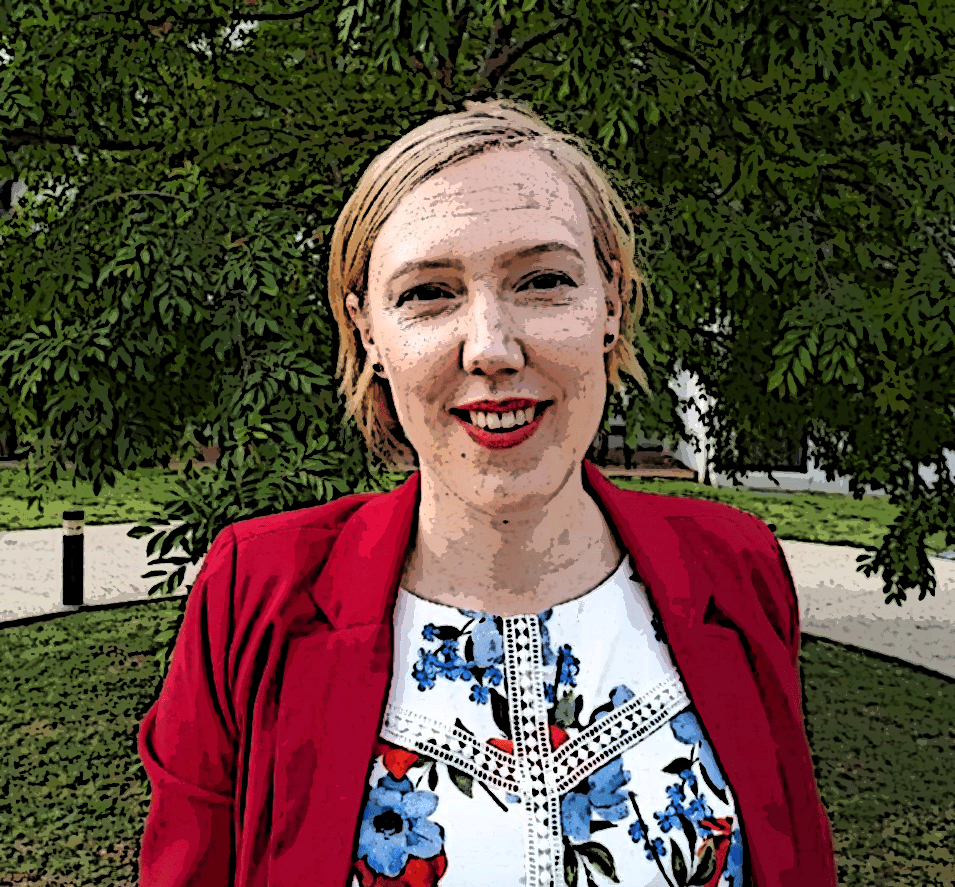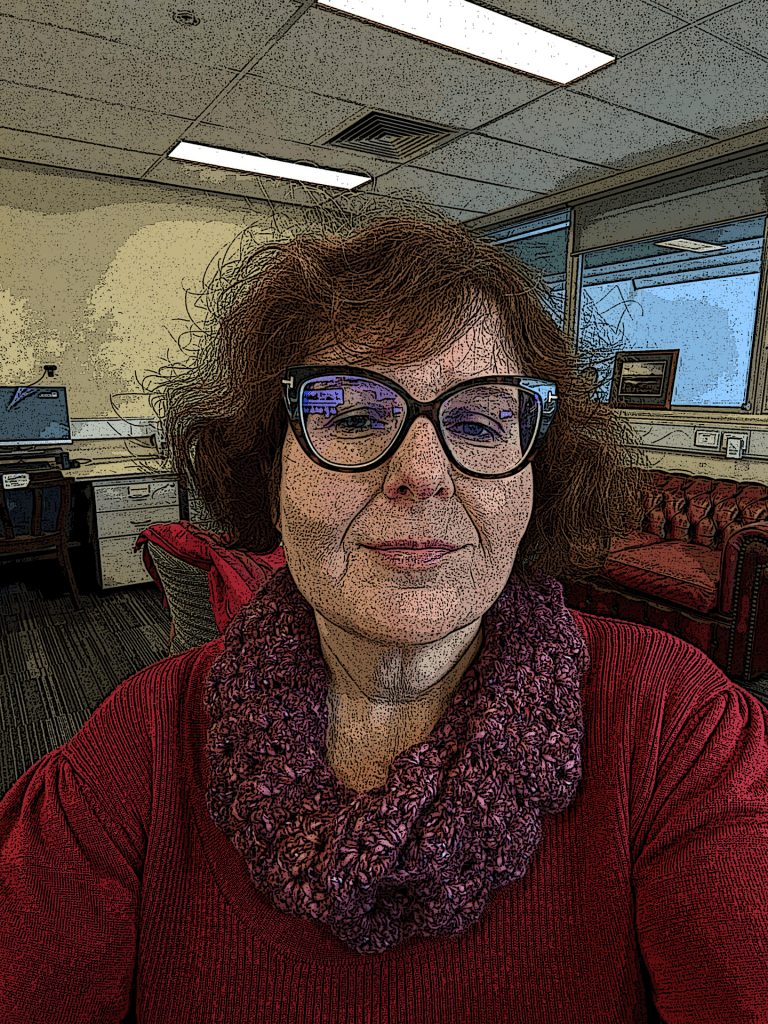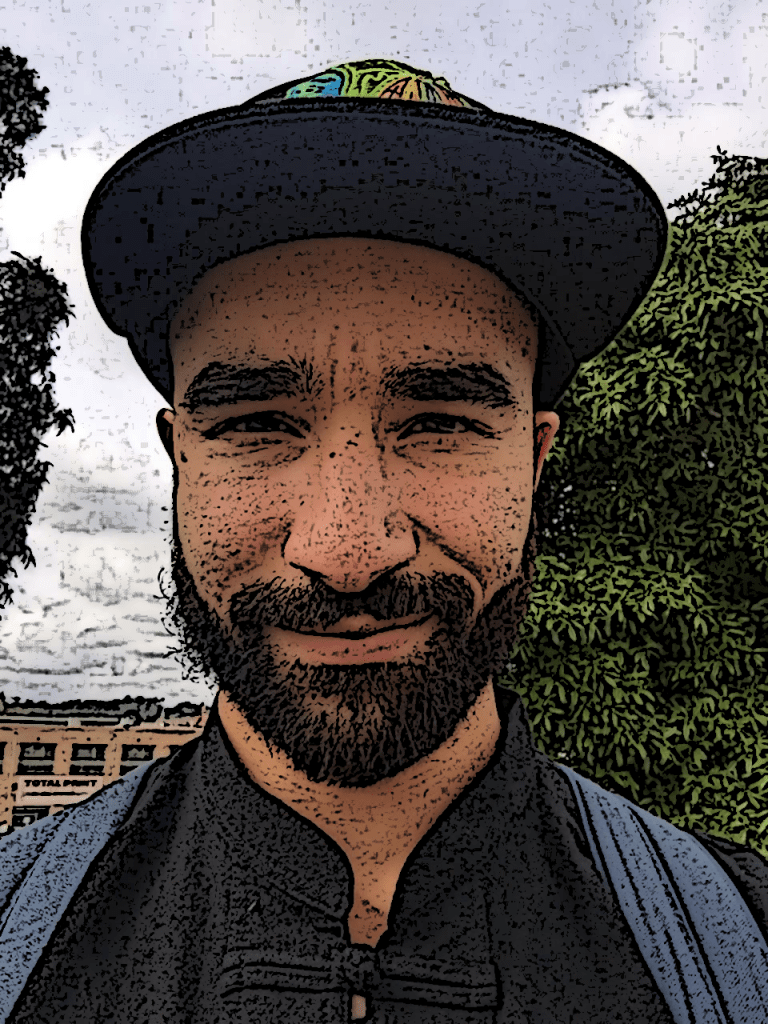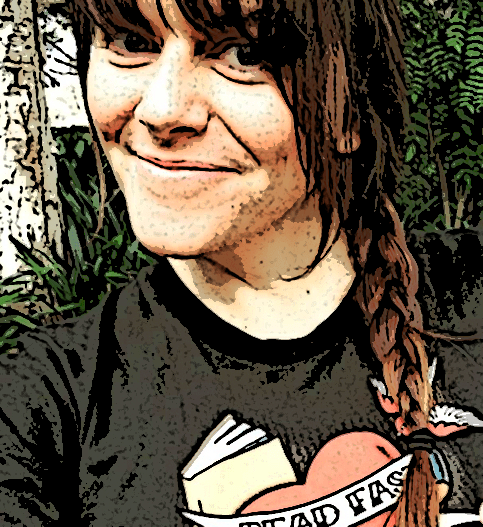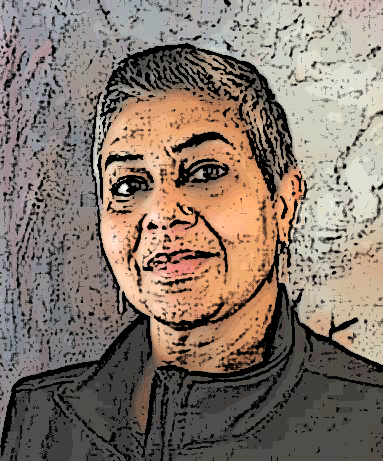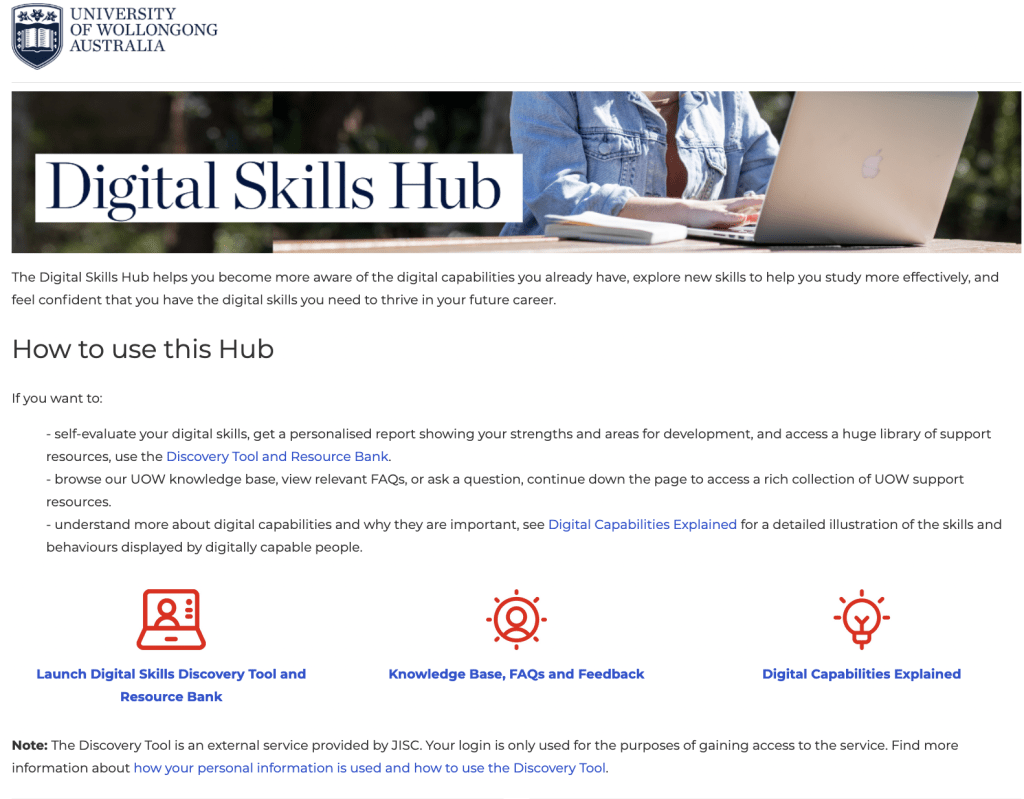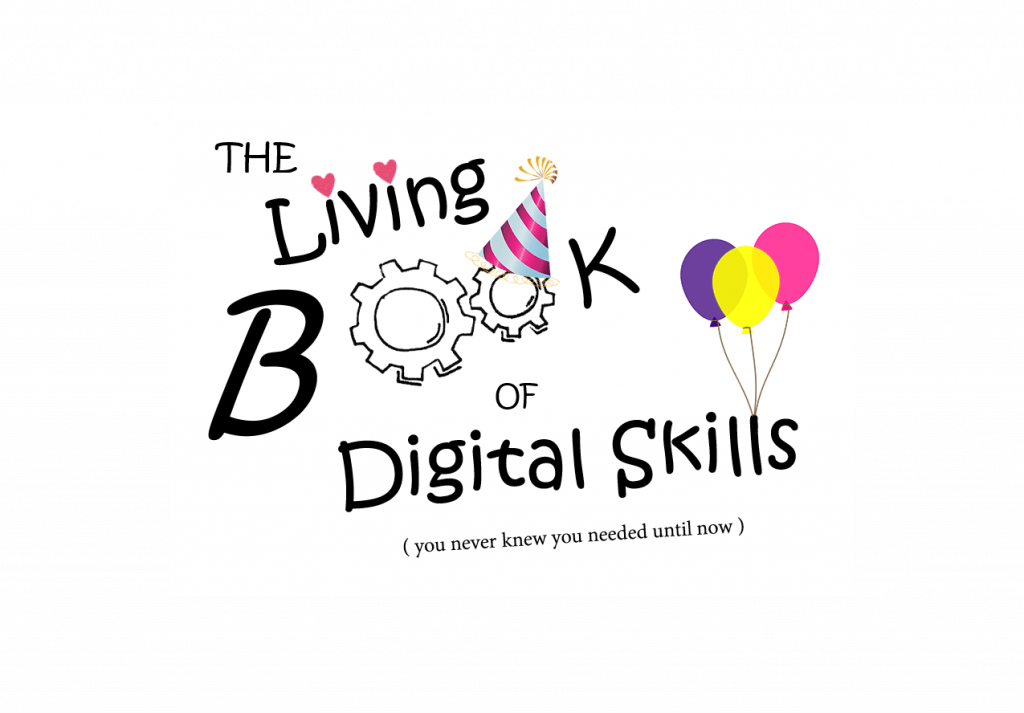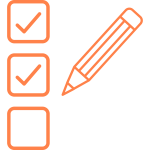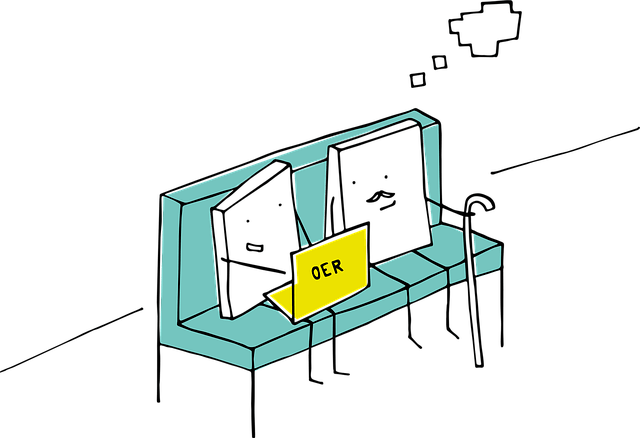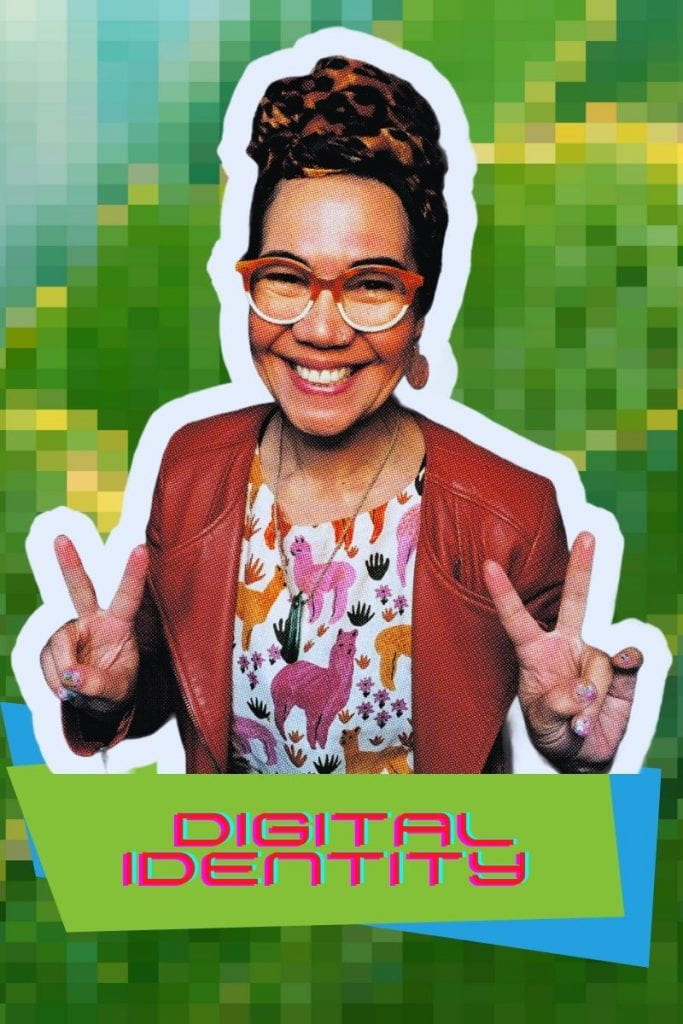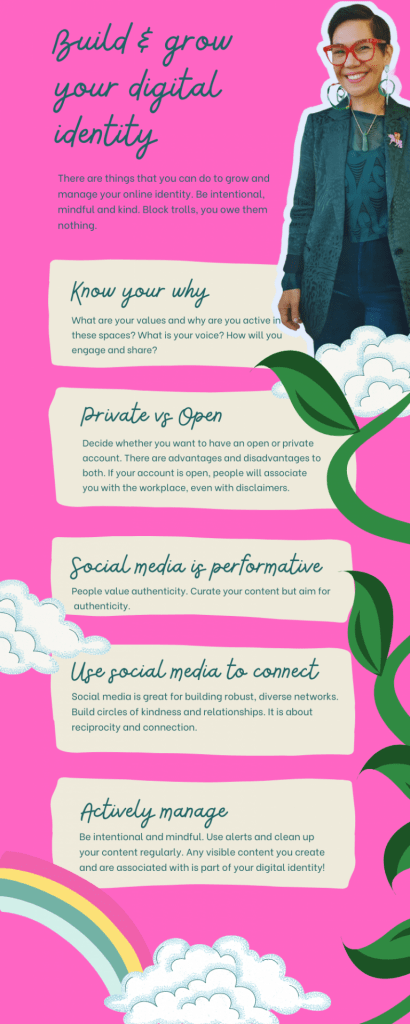by the members of the Digital Dexterity Blog Group
Emma Chapman, Auckland University of Technology | Te Wānanga Aronui o Tāmaki Makau Rau:
AI has sure been big on the agenda this year. I’ve gone through all stages of excitement and grief with this topic. I think there was a time mid-year when AI-fatigue set in. But, the latest post on prompt engineering really re-ignites interest for me – as does the development of new, improved AI models. Sadly, as most of these are paid, I think an AI-digital divide could be the next thing we see. Meantime, I’ll keep working on trying to craft killer prompts (and keep trying to make GIFs that do not make me seasick). Merry holidays and a peaceful new year to all.
Kristy Newton, University of Wollongong:
I’m not sure if we can refer to the year that has been 2023 without also saying the phrase “Generative AI”, and libraries (like everyone else) scrambled to understand how we could use these tools, whether we could use them ethically, and what this all meant for critical literacies. It’s been both exciting and fatiguing as others noted, but an absolute game changer. The blog has been a great space to facilitate discussions, share opinions, and learn from each other about this and about all things digital dexterity.
Krista Yuen, University of Waikato | Te Whare Wānanga o Waikato:
I only joined the DigiDex community and blog group about halfway through 2023, and I honestly think I’m still finding my feet. That said, getting to know the fellow blog group has no doubt been a highlight for me. Coupled with the upward trend of Generative AI and navigating a new world of literacies in libraries and education, it has certainly made for a very interesting time to be involved with DigiDex. It has been a real honour to partake in and witness all the discussions we’ve had around the use of AI and how to best support and embrace these advancements. I’m definitely looking forward to seeing what 2024 will bring!
Sara Davidsson, CAVAL:
The diversity of topics and voices in the blog has been my highlight for 2023. We have been able to deliver posts from our extended DigiDex community, written especially for the blog, as well as showcasing interesting articles from far and near. I am so happy to see that our readers keep returning every month for more posts!
Danielle Degiorgio, Edith Cowan University:
It’s been an absolutely fascinating year diving into the world of AI. I’m genuinely thrilled by how these technologies are revolutionising the way we work in libraries and education as a whole. I’ve particularly enjoyed exploring how generative AI tools can support and foster creativity and innovative learning. It’s an exciting time to be in the field, and I’m looking forward to seeing what the future holds!
Also, a big shoutout to our DigiDex blog group for their amazing work this year. They’ve done a stellar job in capturing these advancements and discussions around AI in libraries. It’s been inspiring to see their dedication and creativity in action. Kudos to the team for their exceptional work.
Marianne Sato, University of Queensland:
I love reading the new Digital Dexterity blog posts each month. And being part of the blog group, I often get a sneak preview! The posts about different aspects of AI, finding and creating inclusive OER, and how websites work have been highlights for me this year. The blog posts always have so many great ideas or innovative solutions that I can apply to my work. AI definitely had a big impact this year and I suspect every year from now on. I look forward to reading more great posts in 2024!
From all of us, we wish our loyal readers a happy and peaceful holiday season and all the best for 2024! We will return with a new blog post on 29 January.


